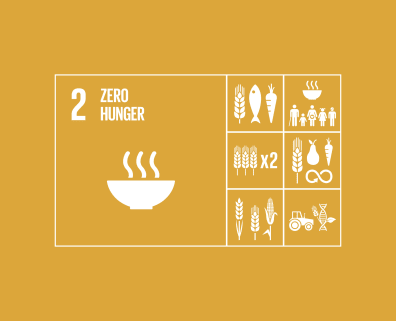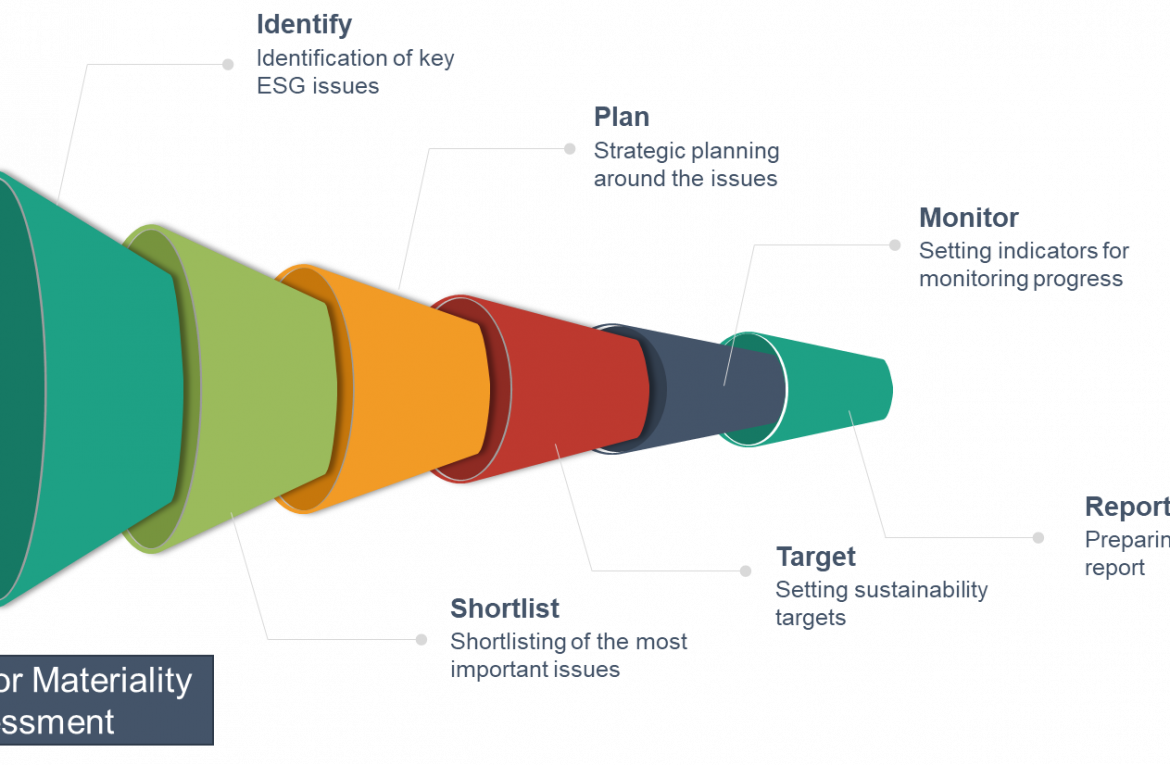In today’s world, the terms like “growth” and “development” are incomplete without the term “sustainable”; sustainability has become our biggest concern because we need to safeguard the future of humanity, which is in grave peril. We are endeavoring to ensure the well-being of future generations by providing for their basic necessities like food, water, shelter, healthcare and education, along with the infrastructure required for making lives easier. It is the availability of these necessary resources, that makes our planet livable; but who makes our lives easier by providing access to these resources? A section of society is always committed to making these essentialities available and accessible to us, in the most usable form – they are “Women”. Women play a significant role in ensuring the well-being of humanity; they nurture lives by providing for the basic necessities like:
Food – right from producing and processing to cooking food for making it suitable for consumption, women play a crucial role in providing access to food. In India 80% of all economically active women are involved in agriculture; this comprises 33% of the agriculture labour force and 48% of the self-employed farmers. In rural India, 85% of women are engaged in agriculture and related activities, yet only 13% women are land owners. At home, women take care of the dietary needs of all the members of the family and cook food suitable to their needs.
Water: In rural or water deprived areas, women and girls bear the responsibility of collecting and storing water; they usually need to walk long distances for fetching water, which is a laborious and time consuming process. Women are also majorly responsible for cooking, washing and cleaning activities and are therefore responsible for management of water at domestic level.
Shelter: in India, 25% of construction workers are women. Women are largely involved in secondary and unskilled work like lifting, digging, and managing construction material. Despite their significant contribution, women face major disparity in wages.
Health: Globally, over 70% of health workers are women, which include doctors, nurses and midwives. Women also bear the responsibility of taking care of the health, hygiene and nutrition of all family members at home, yet their own health remains compromised. Most women, especially in rural areas, lack awareness on sexual and reproductive health.
Education: more than 70% of public school teachers at elementary level, and more than 60% of teachers at secondary level are women. Women are the first educators of human beings, as they inculcate life skills and values in their children from the moment they are born; but many women and girls are either not allowed to seek education or are forced to leave school to fulfil the needs of their families.
Women are the world’s largest life supporting systems, still their own lives are challenging. Despite their significant contribution towards the well-being of the society, they are facing discrimination in various areas of life. Women are still not given an equal opportunity in decision-making; globally, women’s representation in National parliaments, local governments and managerial positions is less than 30%. Women are highly vulnerable to violence and sexual harassment; 1 in 3 women have been subjected to physical/sexual violence at least once in their lifetime. According to a World Bank report, 88% countries have laws that restrict women from having same job opportunities as men, with 18 countries having strict laws against women employment.

SDG 5
United Nations recognizes gender based inequality as a major challenge in the path of sustainable development and has therefore drafted SDG5 as “Gender Equality”, aiming to end all forms of discrimination and violence against women and empower all women and girls. The goal also intends to provide access to sexual and reproductive health, and reserve their rights to inheritance and ownership of land/property.
SDG 5 Impact on Business
Since the rise of civilizations, women have been participating actively in several economic activities; however their roles in the society kept changing with changing times. In ancient times, women and men were both equally involved in producing food, clothes and other necessary goods, but Industrial development led to the formation of a new socio-economic system, where men worked outside homes for making money and women stayed at home to take care of children and other members of the family. This trend was widely accepted worldwide and still exists in most nations; men dominate the domain of employment and women remain unemployed and unpaid for the work performed by them at home. Despite a sharp rise in women employment over decades, a large number of women are still facing economic insecurity; this is because of inequality in education, employment and income. Women are still not given equal opportunities in terms of employment, entrepreneurship and leadership. But when given equal opportunities, women have always proved to perform well and show excellent results.
Studies reveal that gender equality in business increases profitability by 5-20%. One of the major reasons behind this finding is that, gender equality opens door to diversity of ideas and skills, which is important for the growth of any business. Women empowerment brings multiple benefits to a business, some of which are:
- Well-ordered workforce – gender equality leads to a balanced and healthy work environment where both men and women work cohesively and share their ideas towards the growth of the organization.
- Critical thinking – studies reveal that women are better at critical thinking which helps in managing risks and opportunities and in making better decisions.
- Additional skills – inclusion of women enhances soft skills of the work force, which improves productivity.
- Innovation – diversity of ideas form the perfect backdrop for creativity and innovation.
- Increased customer base – women employees have a better understanding of the consumer behaviour of women, this helps in expanding customer base of the business.
It is a proven fact that gender parity in business increases productivity and profitability. Nations which provide equal rights to women, and are having large number of women as ministers or decision- makers, have sound governance and show strong economic growth. Studies suggest that gender parity in workforce could add $28 trillion to the global GDP, and the world cannot afford to ignore this projection. More nations are now working towards women empowerment and reducing gender inequalities.
Business and SDG 5
More companies are now considering gender equality as a necessary factor for the success and growth of their businesses. Enterprises which are incorporating gender equality and women empowerment in their business strategy are observing good returns and improved reputation. The best way for companies to bring about gender equality is to align their business with SDG5; here are some actions companies could follow to align with SDG 5.
- Equal job opportunities- companies need to redefine their recruitment process for making gender equality a priority; companies can set a target to include certain percentage of women in their workforce.
- Equal remuneration – pay equal remuneration to both men and women, including special benefits for the work of same value.
- Equal access to training and skill development – women employees to be considered equally as men employees for training and skill development programmes, so that they become equally eligible for promotions.
- Equal opportunities in decision making – like employment, companies can set targets to appoint a certain percentage of women for governance levels and decision-making positions.
- Flexible working arrangements – allow flexible arrangements for situations like maternity, child-care etc., to prevent women employees from giving up their jobs for fulfilling other responsibilities.
- Strict policy against harassment – ensure safety of women employees by adopting and following strict policies for preventing any form of harassment against women at workplace.
- Encourage women entrepreneurs – connect with women entrepreneurs and support their business by partnering with them or investing in their business.
Business opportunities for implementing SDG 5
Organic farming
With growing consciousness, dietary preferences of people are changing; organically farmed food products are gaining popularity among health-conscious consumers. The rising trend of organic farming is creating new employment opportunities for women in the field of agriculture, food security, dairy, poultry, fisheries, nutrition and related sectors. Organic farming makes use of the traditional knowledge of rural women along with scientific training for better yields. Organic farming is improving the quality of life of rural women by providing fair wages, access to health care and skills training.
Edtech
Edtech or Educational Technology is the medium which allows educators from any part of the world to connect with students from any part of the world, using digital tools. This kind of education system provides flexibility of working hours, making it easier for women to balance their work and household responsibilities. Girl-students are also being benefitted by Edtech, as it provides easy access to quality education at the comfort and safety of their homes. In this way, Fintech is an ideal business space for promoting women empowerment and gender equality.
Foodtech start-ups
Foodtech is another space that is creating job and entrepreneurship opportunities for women. Food tech companies are earning good returns, especially in urban areas by catering to the dietary needs of people in a very convenient manner. Nowadays, people are preferring healthy and home-made food, over junk food ; food tech is bridging the gap in food systems by increasing availability and accessibility of desired food products. Many women are seeking employment in this space by getting involved in activities like cooking, processing and managing food products.
Women-centric products
Innovative ideas addressing to the specific needs of women, especially in terms of health, hygiene and nutrition could prove to be a profitable business.
Let us care for the care-givers of the society; let us treat women equally and empower women to empower the future of humanity.

